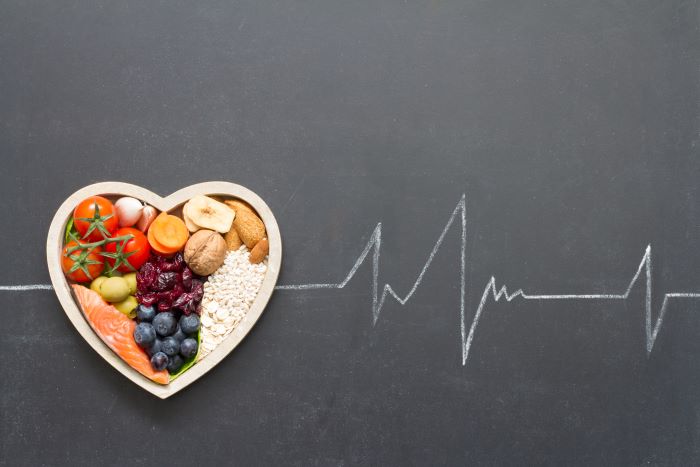
For the longest time, veganism has been shrouded in mystery. Assumptions about veganism come from all corners, with everyone having their interpretation. While some vegan food myths have been debunked, new ones keep cropping up. As the number of vegans increases from the current 78 million worldwide, so does the need to share facts and information about the practice increases.
A little background check about veganism and what it entails is essential to debunk most of the myths. Nevertheless, we have saved you lots of time by debunking most of the myths about veganism.
Top Vegan Food Myths
Vegan Food is Expensive
A common vegan food myth is that it is too expensive to live on a plant-based diet. Some even say it is not readily accessible. Contrary to perception, plant-based eating is only expensive if you let it be. It could be costly for anyone looking to eat readily processed or ready-made meals from some of the big brands.
Contrary to perception there are many vegan foods and ingredients for every budget. Breaking the bank will only be an option if the diet is based on cheaper foods like fruits, vegetables and grains. A vegan diet is usually cheaper as one does not need to spend on animal products.
Veganism and Vegetarianism are the Same
Most people assume that vegan and vegetarian practices are the same in diet, which is not true. Vegans only eat plant-based products and don’t consume anything generated from animals including meat, eggs, milk, and other dairy products.
On the other hand, vegetarians consume plant-based products but do not eat meat. However, they consume dairy products and, in most cases, in large amounts.
Vegan Diet is a sure way of Losing Weight.
One of the biggest vegan food myths is that such a diet can help you lose weight quickly and easily. To some extent, a vegan diet can help one gain more control over diet. Nevertheless, it does not automatically equate to weight loss.
Unknown to most people is that the are many unhealthy vegan foods that could lead to significant weight build-up. One can gain weight significantly whenever the diet consists mostly of carbs and processed options.
Therefore, proper diet planning, whether an omnivore, vegetarian, or vegan, is the only way to manage weight effectively.
Vegan Diets Lack Protein, and Cow Milk is Essential
The thought that a plant-based diet doesn’t offer any protein that the body needs is outdated. It is one of the biggest vegan food myths propagated by most people against the practice. Varied vegan diets that include beans, tofu, soya milk, and vegan mince contain enough protein needed to keep the body healthy. Nuts, seeds, and wholegrain foods are also excellent sources of proteins for vegans.
Additionally, there has been a misconception that people need cow milk to get the much-needed calcium to keep bones healthy. This is not true as 70% of the world population is lactose intolerant and thus gets their supply of calcium from other food items. Some of the good sources of calcium include almonds, figs, buttery squash, and baked beans.
You Cannot Be a Vegan While Pregnant.
There has also been a debate that it is impossible to carry a pregnancy to completion without any complications while sticking to a vegan diet. It is one of the biggest misconceptions given that pregnancy comes with its challenges whether one is a vegan or not.
A varied vegan diet will always provide enough nutrients for the mother-to-be and the baby, as plant-based diets come with all the nutrients. While attention is usually paid to iron and Vitamin B12, wholegrain foods, dried fruit, and dark green leafy vegetables can always provide all these nutrients.
Bottom Line
Contrary to popular belief our ancestors stuck more on a plant-based diet and were able to live long quality lives. Likewise, the vegan food myths discussed above are simply hot air, and more are likely to crop.






